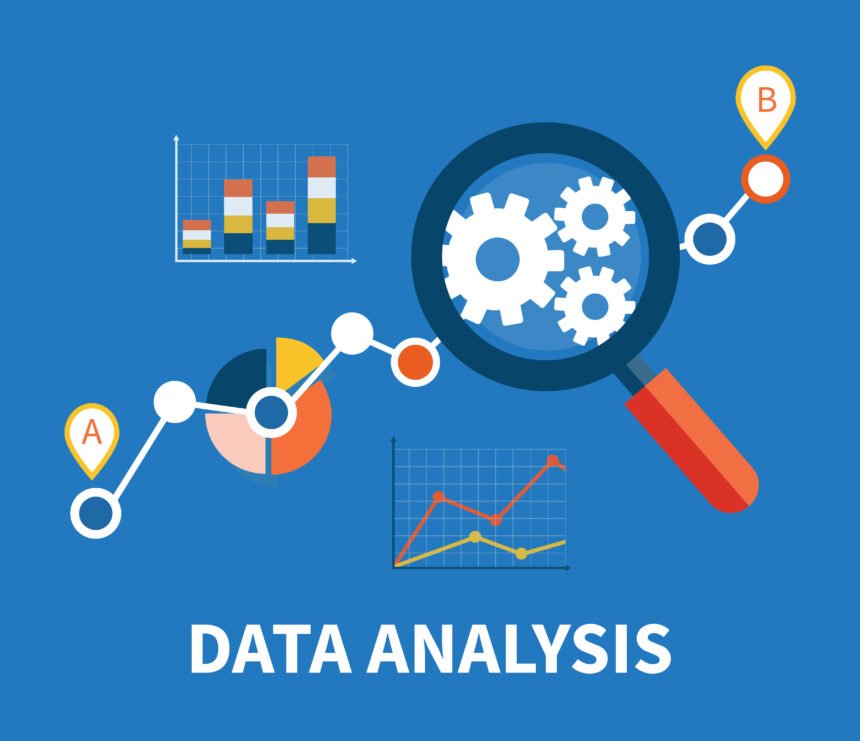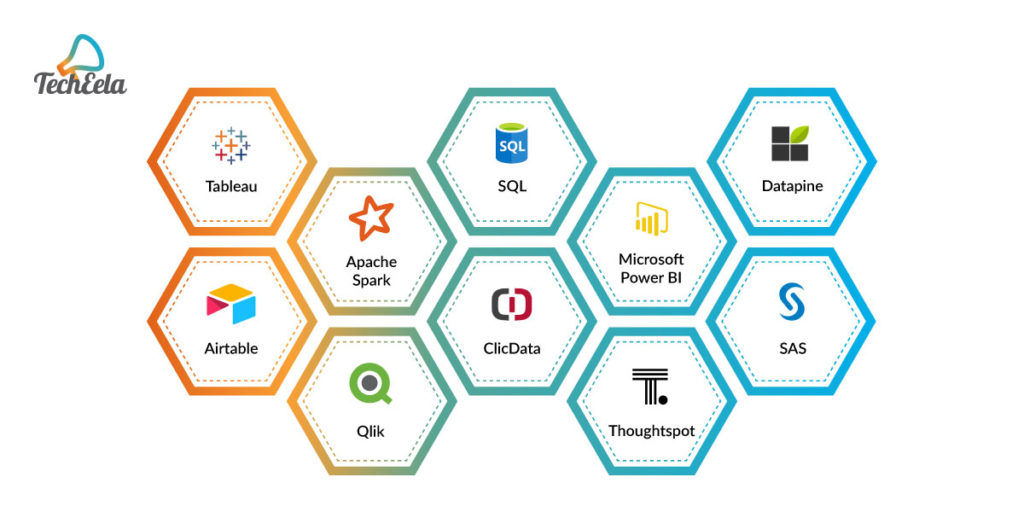Take Advantage Of Predictive Analytics for Future-Ready Choices
Take Advantage Of Predictive Analytics for Future-Ready Choices
Blog Article
Boost Effectiveness and Success Through Data Analytics
In today's data-driven landscape, services are increasingly identifying the pivotal function of data analytics in boosting operational efficiency and success. By methodically analyzing information, companies can reveal important understandings that educate strategic decisions, improve procedures, and tailor client experiences.
Understanding Information Analytics
In today's data-driven landscape, comprehending information analytics is essential for companies intending to improve functional performance and drive success. Data analytics entails the methodical computational evaluation of data collections to uncover patterns, relationships, and understandings that inform decision-making. By using different methods, such as statistical evaluation, artificial intelligence, and predictive modeling, companies can change raw data into actionable knowledge.
The procedure generally begins with data collection, where relevant details is gathered from multiple sources, including transactional databases, client communications, and market patterns. This information is after that cleaned up and arranged to guarantee accuracy and uniformity. Once the data is prepared, analytical tools and software are utilized to envision the details and explore, allowing stakeholders to identify anomalies and patterns.
Ultimately, recognizing information analytics equips organizations to make enlightened decisions based upon empirical evidence instead than instinct. It helps with targeted strategies that can optimize resource allotment, boost customer complete satisfaction, and boost general performance. As services increasingly recognize the worth of data-driven insights, a strong grip of information analytics comes to be an essential proficiency for groups and leaders alike, positioning them for continual success in a competitive setting.

Secret Advantages for Services
Services that leverage data analytics can unlock a wide variety of advantages that dramatically boost their operations and earnings. One of the main advantages is improved decision-making. Data analytics provides workable insights originated from real-time information, enabling companies to make informed options that straighten with market demands and customer preferences.

Furthermore, data analytics promotes enhanced client experiences. By understanding customer behaviors and preferences, companies can customize their offerings, bring about increased contentment and loyalty. This customized technique often results in greater conversion rates and repeat service.
Furthermore, data analytics allows companies to recognize emerging patterns and opportunities. By remaining in advance of the contour, companies can capitalize on new markets and technologies prior to their rivals.
Applying Data-Driven Techniques
Successful execution of data-driven techniques needs a detailed understanding of both readily available data and organizational goals resources. Organizations must first define their purposes plainly, guaranteeing positioning in between data efforts and tactical aims. This quality enables groups to concentrate on appropriate metrics and understandings that drive decision-making.
Next, companies ought to assess their existing data infrastructure. This entails assessing information quality, ease of access, and combination abilities. Top notch information is vital for precise analysis, as poor data can lead to misdirected methods and squandered resources. Organizations needs to establish processes for information collection, cleansing, and management to preserve data stability.
Moreover, fostering a data-driven culture is crucial. Employees in all levels need to be motivated to leverage data in their daily procedures. Educating workshops and programs can improve data proficiency, encouraging team to make informed choices based upon logical insights.
Tools and Technologies Introduction
A durable suite of technologies and tools is important for organizations aiming to harness the full potential of data analytics. These tools facilitate the collection, handling, and visualization of information, allowing services to obtain actionable understandings.
At the fundamental degree, information management platforms such as SQL databases and NoSQL systems provide efficient information storage space and retrieval capabilities. For information processing and analysis, shows languages Bonuses like Python and R, together with frameworks such as Apache Flicker, enable intricate computations and artificial intelligence applications.
Visualization tools, consisting of Tableau and Power BI, transform raw data into intuitive graphical layouts, making understandings obtainable to stakeholders in any way degrees. In addition, cloud-based platforms like Google Cloud and AWS supply scalable storage and processing remedies, accommodating anchor the growing quantities of data companies experience.
For sophisticated analytics, predictive modeling and AI-driven solutions are increasingly taken on, enabling business to anticipate patterns and enhance decision-making procedures. Incorporating these devices right into existing operations is vital; organizations that successfully leverage this technology can considerably enhance operational effectiveness and drive productivity. Hence, purchasing the right devices and technologies is a critical important for any data-driven organization.
Case Studies of Success
Leveraging data analytics has actually led many companies to attain remarkable improvements in efficiency and profitability. One significant case is a big retail chain that executed predictive analytics to maximize inventory management. By examining historic sales data and customer patterns, the company reduced excess stock by 30%, leading to considerable cost savings and improved cash flow.
One more instance can be discovered in the manufacturing industry, where a leading vehicle producer made use of data analytics to enhance its manufacturing processes. By checking maker efficiency in real-time, the organization determined traffic jams and ineffectiveness, leading to a 20% boost in total equipment efficiency (OEE) This not only increased manufacturing prices but additionally decreased downtime and upkeep prices.

These case studies highlight just how information analytics can drive strategic decision-making, optimize procedures, and inevitably improve both performance and profitability across numerous industries.
Conclusion
In conclusion, the integration of information analytics right into business operations offers significant opportunities for enhancing efficiency and success. By systematically examining data, companies can identify ineffectiveness, maximize consumer experiences, and make informed choices. The adoption of anticipating modeling and real-time tracking further enables services to remain ahead of arising fads and designate sources successfully. Eventually, the calculated implementation of data-driven approaches cultivates sustained competitive benefits and drives significant improvements in functional efficiency and financial results.
In today's data-driven landscape, recognizing data analytics is crucial for companies intending to enhance operational effectiveness and drive earnings. Information analytics involves the methodical computational evaluation of data collections to uncover patterns, correlations, and insights that inform decision-making. Data analytics supplies actionable understandings obtained from real-time data, permitting businesses to make educated selections that straighten with market demands and consumer choices.
Premium information is necessary for precise analysis, as poor navigate to this site information can lead to misguided approaches and wasted sources. Organizations should establish procedures for data collection, cleansing, and monitoring to preserve data honesty.
Report this page